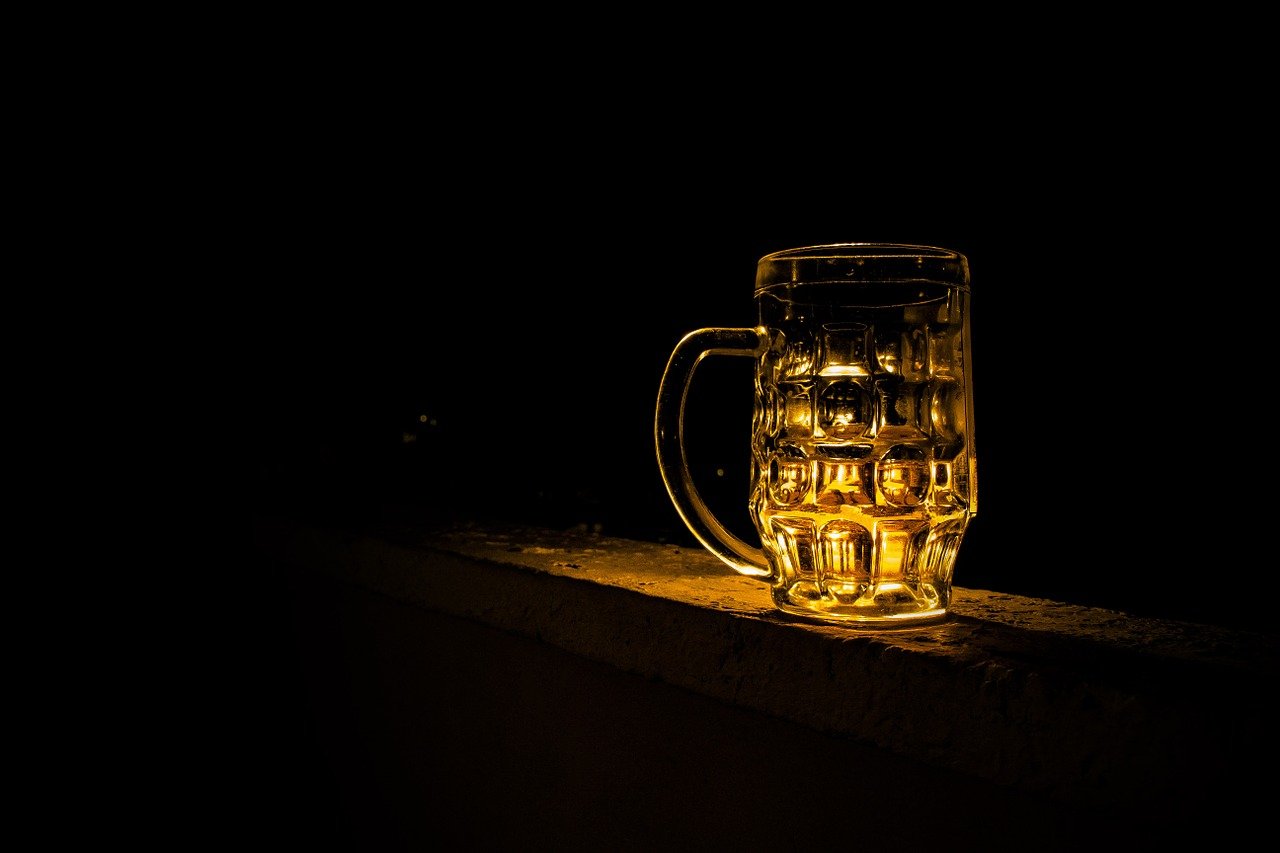You’re in a bar, when the night seems close to ending but nobody really wants it to. Someone asks: “Should we have one more?” The lights haven’t come on yet to ring in that false morning—the last call. In Thomas Vinterberg’s new film, Another Round, the character of Nikolaj (Magnus Millang) poses a version of this question to his friends as they gather to celebrate someone’s 40th birthday. The restaurant is formal—white tablecloths, the background noise of hushed conversations, waiters pouring wine that’s hard to pronounce. “What’s sensible?” Nikolaj asks.
He has a proposal for himself and his three friends, Tommy (Thomas Bo Larsen), Peter (Lars Ranthe) and Martin (Mads Mikkelsen)—all Danish school teachers stuck in a midlife rut of complacent boredom, unaccepted regrets and nostalgia for their youth. It’s a simple plan, inspired by real-life Norwegian psychiatrist Finn Skårderud. What if they all maintain a blood alcohol level of 0.05 percent throughout the day?
They’ll be careful. They’ll get pocket-size breathalyzers and track their progress. They’ll adopt Ernest Hemingway’s rule of not drinking after 8 pm. They’ll record their findings, as if it’s a legitimate scientific experiment.
According to Skårderud, Nikolaj explains, this sustained buzz will help them in every aspect of their lives—from their general demeanors (Martin cries at the table over his deteriorating marriage) to their creativity in the classroom (Martin can’t be bothered with his history students). Doesn’t Martin remember, they tease him, when he was en route to a PhD? Now he teaches high school. Doesn’t he remember when he danced jazz ballet? Now he’s too shy to try. Doesn’t he remember when he wasn’t so morose—back when he used to drink?
Alcohol can be both celebratory and cruel, and many gradients in between.
Another Round is a surprisingly tactful and often funny portrayal of alcohol and human beings’ relationship to it. I cannot think of anything else I’ve seen that so carefully explores the subject’s contours. It is a film implicitly reflective of harm reduction and drug policy, living in shades of gray and not puritanical black and white. Alcohol can be both celebratory and cruel, and many gradients in between.
In the US, we’ve only just begun to mainstream alternatives to 12-step programs, including goal-oriented counseling, and to question laws like our unusually high legal drinking age. It’s good to be reminded that other places in the world aren’t all so moralistic and prudish.
In recent years, there has been more acceptance that abstinence-only approaches don’t suit everybody, and that recovery can mean reducing drinking, among other things. That could include paying attention to the amount one drinks and why through cognitive behavioral therapy; developing methods to be mindful of the urge to drink; engaging in activities and tasks that are nearly impossible to do while drunk (such as exercising and meditating); exploring medicinal options; and entering communities with likeminded individuals. There are tips people can follow, too—like eating a meal before a long night out; buying less in order to subsequently consume less; and setting a cutoff time, as Hemingway once did.
Martin is initially the most hesitant of his pals, but soon he’s discreetly taking sips of vodka at school. He delivers a passionate, welcomed lecture about drunk politicians who won major wars (Winston Churchill). He reconnects with his wife (or at least, they have sex in a tent). He vacations with his family. At first, the whole group thrives as well, coaching soccer teams to victory and mentoring their students with real compassion and understanding.
Another Round unfolds like a night out: It starts off joyous and limitless, and then descends into a reality that the four men have avoided confronting. They see what upping their BAC beyond 0.05 will accomplish. They get drunker and drunker. In no time at all, Martin is slamming dishes on the floor as his wife subtly admits she had an affair. But he and two of his friends recognize their limits and pause the theory. They try to make amends with their families and co-workers. Another friend, however, does not.
But Another Round doesn’t end in tragedy. In the last scene, Martin is partying with the new high school graduates, swigging champagne. His wife texts him that she misses him. He finally has the confidence to dance.
Photograph via Pixabay





Show Comments